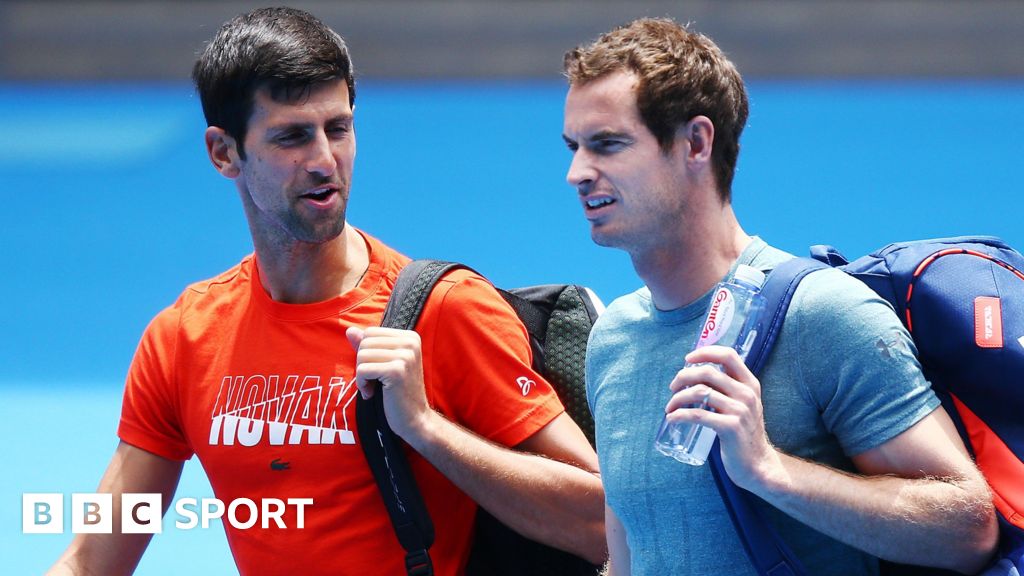World
SCM Swimming World Cup: Recognizing The Value And Prestige Of SCM Competitions

The return of the World Aquatics Swimming World Cup to short-course for the 2024 circuit has offered a fresh perspective on the intrinsic value of these competitions, standing on par with long-course events that often capture the majority of media attention. Short-course meter races aren’t merely an interesting interlude between the Olympics and long-course World Championships; rather, they represent high-level competition that allows athletes and coaches alike to gauge fitness and refine specific skills that prove useful in every context.
The Appeal of Short Course: A Thrilling Experience for the Audience
Short course races are defined by their fast pace and frequent turns, elements that turn each event into a spectacle of speed and precision. With more turns, athletes are required to refine their ability to maintain speed through these transitions. This creates a dynamic and captivating experience for fans, where every underwater phase counts and each turn can make or break the victory.
Technique–under and over the water–plays a critical role in short-course meters swimming and the emphasis on technique gives fans the opportunity to appreciate athletes’ precision. Each athlete brings a unique style to the pool, and the challenge of making every segment of the race as efficient as possible becomes evident, making short course competitions as attention-grabbing as major long-course events.
A Training Ground for Champions and Coaches
Beyond the spectacle of speed and walls, short course races serve as a vital resource for elite athletes. At the World Cup, the frequency of races and the shorter distances allow them to work intensively on specific elements such as acceleration, precision, and stamina while maintaining rhythm through constant turns. Each race becomes a test for both the athletes and their coaching teams, who can observe, in real-time, which strategies are most effective and which technical aspects need improvement.
For coaches, short course pools offer a valuable opportunity to analyze how athletes respond to specific race situations. The results and times provide useful data that allow them to develop customized training programs aimed at enhancing performance in preparation for major events. This strategic approach makes short course competitions an essential ally—a kind of “competitive lab” that prepares athletes for world-stage challenges.
Short Course as a Career Launchpad
Many athletes, especially young rising stars, find short course events to be an ideal environment to emerge and gain visibility. Competing in a high-level international circuit allows them to build experience, improve their technical abilities, and test themselves against top competitors. Short course competitions thus become a fertile ground for athletes’ professional growth, giving them a solid foundation to build a lasting career in the sport.
Furthermore, for established champions, short course races are never to be dismissed as secondary. They offer the chance to rekindle and renew their motivation, push their limits, and continue improving. For top swimmers, short course competitions offer a fresh challenge after the Olympics—another milestone that keeps them at the top of their game.
Conclusion: The Value of Short Course in the Swimming World
SCM swimming deserves to be recognized and celebrated for what it is: a competition format that combines excitement with technical merit, offering fans thrilling moments and athletes a high-intensity training ground. Swimming fans and professionals alike can gain valuable insights from these competitions, which bridge the thrill of sporting spectacle with the rigor of athletic preparation.
Focusing on short course competitions, like the World Cup, highlights and honors the technical challenges of swimming in a format that has a tangible impact on every athlete’s growth journey. Supporting and following these events means acknowledging the essential role of short course swimming in the global swimming landscape and appreciating every new chapter that champions and young talents continue to write within it.








